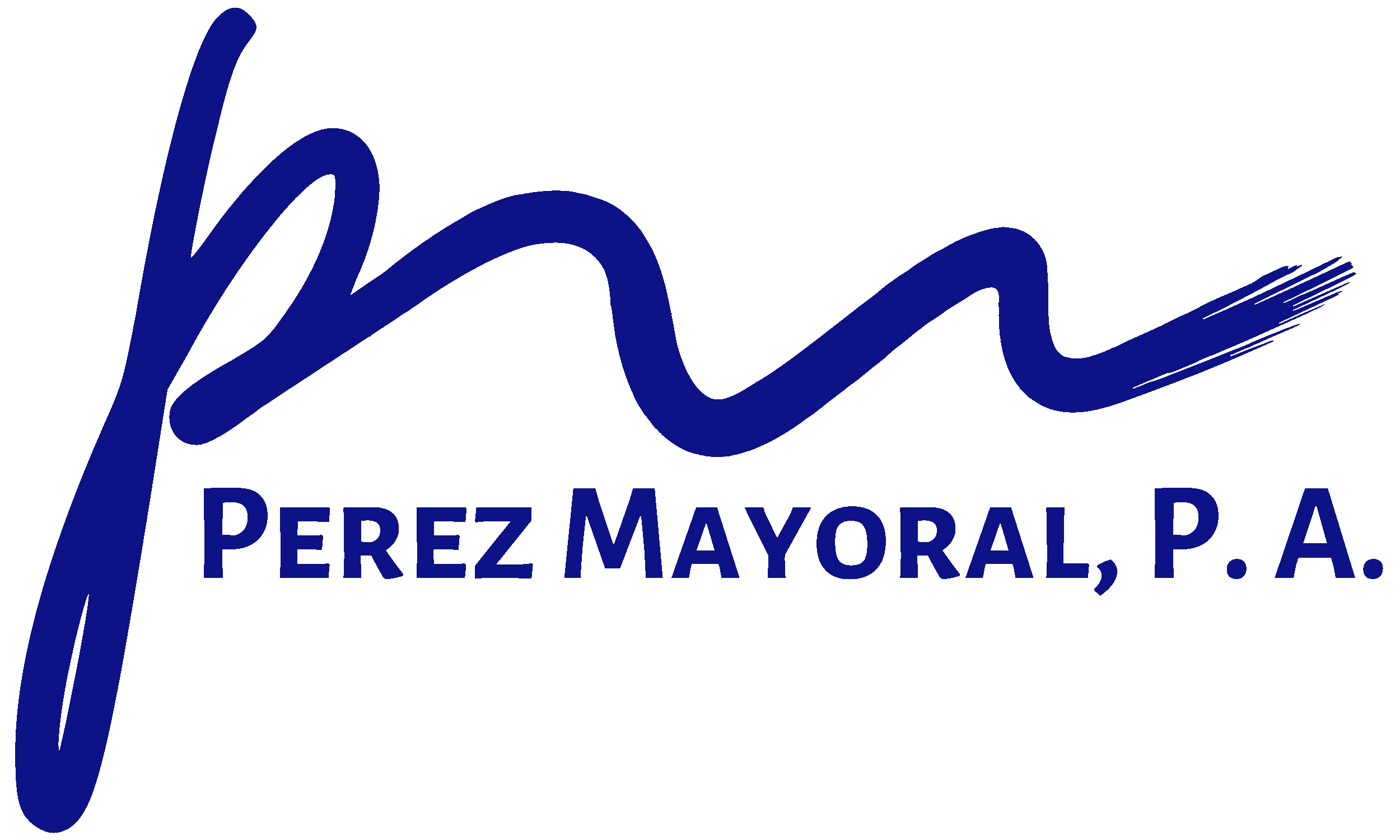Discovering a pest infestation in your condominium can be both distressing and frustrating, especially when it seems the association isn’t taking proper action to address the problem. A common question we hear at Perez Mayoral, P.A. is whether unit owners can take legal action against their condo association for pest infestations. The short answer is: under certain circumstances, yes, you can.
Legal Responsibilities For Pest Control In Florida Condominiums
Association’s Maintenance Obligations
Under Florida law, specifically Florida Statute 718.113, condominium associations are responsible for the maintenance, repair, and replacement of common elements. Pest control generally falls under this provision unless the governing documents explicitly state otherwise.
Even when governing documents are silent on pest control specifically, infestations affecting common areas almost always fall within the responsibility of the association. This typically includes:
- Treating exterior walls and foundations
- Addressing infestations in shared spaces like hallways, lobbies, and recreation areas
- Managing preventative pest control measures for the building’s infrastructure
- Addressing pest issues in walls, ceilings, and areas between units
Unit Owner’s Responsibilities
It’s important to note that unit owners typically remain responsible for:
- Maintaining cleanliness within their units
- Promptly reporting pest sightings to the association
- Following association guidelines regarding trash disposal and food storage
- Allowing reasonable access for pest control treatments
Legal Basis For Suing Your Condo Association
If your association is failing to adequately address a pest infestation, you may have grounds for legal action based on:
1. Breach Of Governing Documents
If your declaration of condominium, bylaws, or rules and regulations specify that the association is responsible for pest control, their failure to provide these services constitutes a breach of the governing documents.
2. Violation Of Florida Condominium Act
Florida Statute 718.303 specifically gives condominium unit owners the right to bring actions against their associations (and even other unit owners) for violations of the governing documents and the Condominium Act. This creates a statutory basis for your lawsuit.
3. Breach Of Fiduciary Duty
Board members have a fiduciary duty to act in the best interest of all unit owners, which includes properly maintaining the property. Neglecting pest control obligations may constitute a breach of this duty.
Types Of Legal Action You Can Take
Depending on your specific situation, you may pursue different legal remedies:
1. Injunctive Relief
You can sue to seek an injunction—a court order compelling the association to fulfill its pest control obligations. This is often the most direct way to get the problem addressed when the association has been unresponsive.
2. Property Damage Claims
If the association’s failure to properly address pest control has resulted in damage to your unit or personal property, you may have a claim for monetary damages. To succeed with this type of claim, you’ll need to prove:
- The association had a duty to provide pest control
- They failed to fulfill this duty
- Their failure proximately caused damage to your property
- You suffered actual damages that can be quantified
Examples of compensable damages might include:
- Costs for repairing structural damage caused by termites
- Replacement of furniture or belongings damaged by pests
- Remediation expenses you paid out-of-pocket
- Decreased property value due to persistent infestation
Evidence Is Critical
The American justice system is evidence-based, meaning your claims are only as strong as the evidence supporting them. To build a strong case, consider collecting:
- Written communications with the association about the pest problem
- Photographs and videos documenting the infestation
- Inspection reports from professional exterminators
- Witness statements from other affected residents
- Medical records if you’ve experienced health issues related to the infestation
- Repair estimates or receipts for damaged property
- Copies of relevant provisions from your governing documents
- Documentation of the association’s failure to act despite being notified
Steps To Take Before Filing A Lawsuit
1. Consult With An Experienced Attorney First
The most important step is to consult with an attorney who specializes in condominium and HOA law to evaluate the specifics of your case. HOA and condominium litigation is extremely complex and technical, with numerous procedural requirements that can trip up even seasoned general practice attorneys.
In our opinion, these cases should not be handled by self-represented litigants for several critical reasons:
- Two-way attorneys’ fees provisions mean that if you lose, you could be responsible for paying the association’s legal fees
- Technical procedural requirements can result in case dismissal if not properly followed
- Specialized knowledge of condominium law is essential to properly evaluate claims and defenses
- Documentation requirements are specific and must be properly prepared and presented
- Pre-suit procedures like mandatory mediation or arbitration have strict timelines and requirements
While self-representation is technically possible, the complexity of these cases means you’ll be much better served by having an experienced attorney guide you through the situation from the beginning.
2. Other Important Steps In The Process
After consulting with an attorney, you’ll likely be advised to:
- Review your governing documents to confirm responsibility for pest control
- Document the infestation thoroughly with photos, videos, and written records
- Report the issue formally to the association in writing, keeping copies of all correspondence
- Request board action at an association meeting and get it recorded in the minutes
- Consider mediation or arbitration as required by many condominium documents before litigation
How Perez Mayoral, P.A. Can Help
At Perez Mayoral, P.A., we specialize in representing condominium unit owners—never associations—in disputes like these. Our approach includes:
- Analyzing your governing documents to determine legal obligations
- Evaluating the evidence supporting your claims
- Developing a strategic approach based on your specific circumstances
- Representing you in pre-suit negotiations, mediation, or litigation
- Pursuing the most effective remedies based on your situation
We help clients understand the strength of their case based on available evidence and the specific provisions in their governing documents. Our goal is to resolve these issues effectively while being mindful of the costs and consequences of legal action.
Contact Us For A Consultation
If you’re dealing with a pest infestation that your condominium association refuses to address properly, contact Perez Mayoral, P.A. at (305) 928-1077 or [email protected] for a consultation. Our experienced Fort Lauderdale, FL condo attorney can help you understand your rights and develop a strategy to resolve the issue.


